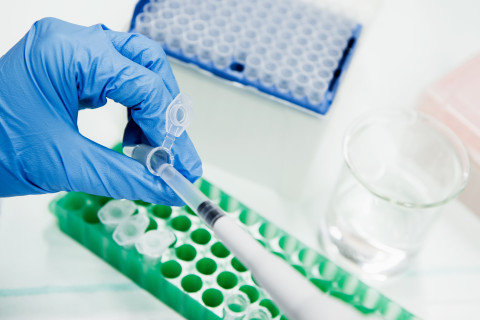The European Union has granted 8 million euros in funding from the Horizon Europe Programme to an international research project (NEMESIS), which investigates the role of environmental chemicals as disrupters of normal human metabolism. Professor Jaana Rysä from the School of Pharmacy of the University of Eastern Finland (UEF) acts as the coordinator of the project, and Senior Researcher Jenni Küblbeck from A. I. Virtanen Institute is the vice coordinator.
Environmental chemicals disrupt the body's normal metabolism
In recent years, growing concern about the harmful effects of environmental chemicals, such as plastic softeners and pesticides, has accelerated research around the topic. The focus has been on the ability of environmental chemicals to act like estrogen, disrupting the body's normal hormone functions. Only recently has the ability of several environmental chemicals to disrupt the body's normal metabolism been noticed. Exposure to some of these compounds has been linked to, e.g., an increase in obesity, fatty liver, and insulin tolerance. The EU is keen on funding research on the topic, as the role of metabolism disrupting chemicals as a cause of diseases needs to be clarified, so that citizens can be protected by chemical policies based on strong research evidence.
Starting in January 2024, the NEMESIS project (Novel Effect biomarkers for MEtabolic disruptorS: evidence on health Impacts to science and policy NeedS) is methodologically impressive. The ability of environmental chemicals to disrupt metabolism will be investigated with several cohorts located in different EU countries. Mechanisms behind the adverse health effects will be investigated using state-of-the-art in vitro methods by leading researchers in the field. The effects of environmental chemical exposure are studied in the whole organism for example in zebrafish. In addition, the aim is to increase the impact of research findings by raising citizens' awareness of the harmful effects caused by environmental chemicals and how exposure to these harmful chemicals can be avoided in everyday life.
The project brings together merited researchers from around Europe. In addition to Rysä and Küblbeck's research groups, Professor Anna-Liisa Levonen-Harju from A.I. Virtanen Institute, Professor Paavo Honkakoski from the School of Pharmacy, and Academy Researcher Vittorio Fortino from the Institute of Biomedicine will take part in the project at UEF with their research groups. There are also partners from the University of Oulu, University of Tampere, Karolinska Institutet, NOVA University Lisbon, Hasselt University, Berlin Institute of Health at Charité, Aristotle University of Thessaloniki, Université libre de Bruxelles, Umeå University, NovaMechanics, Spanish National Research Council, Dr. Margarete Fischer-Bosch Institute of Clinical Pharmacology, and Foundation for Health and Biomedicine Research and Innovation of Asturias.




